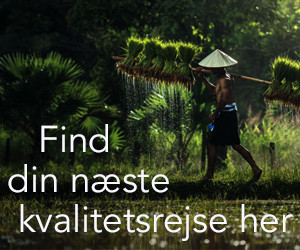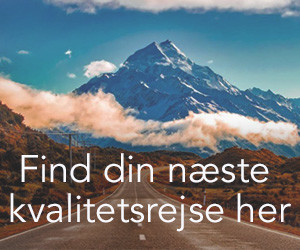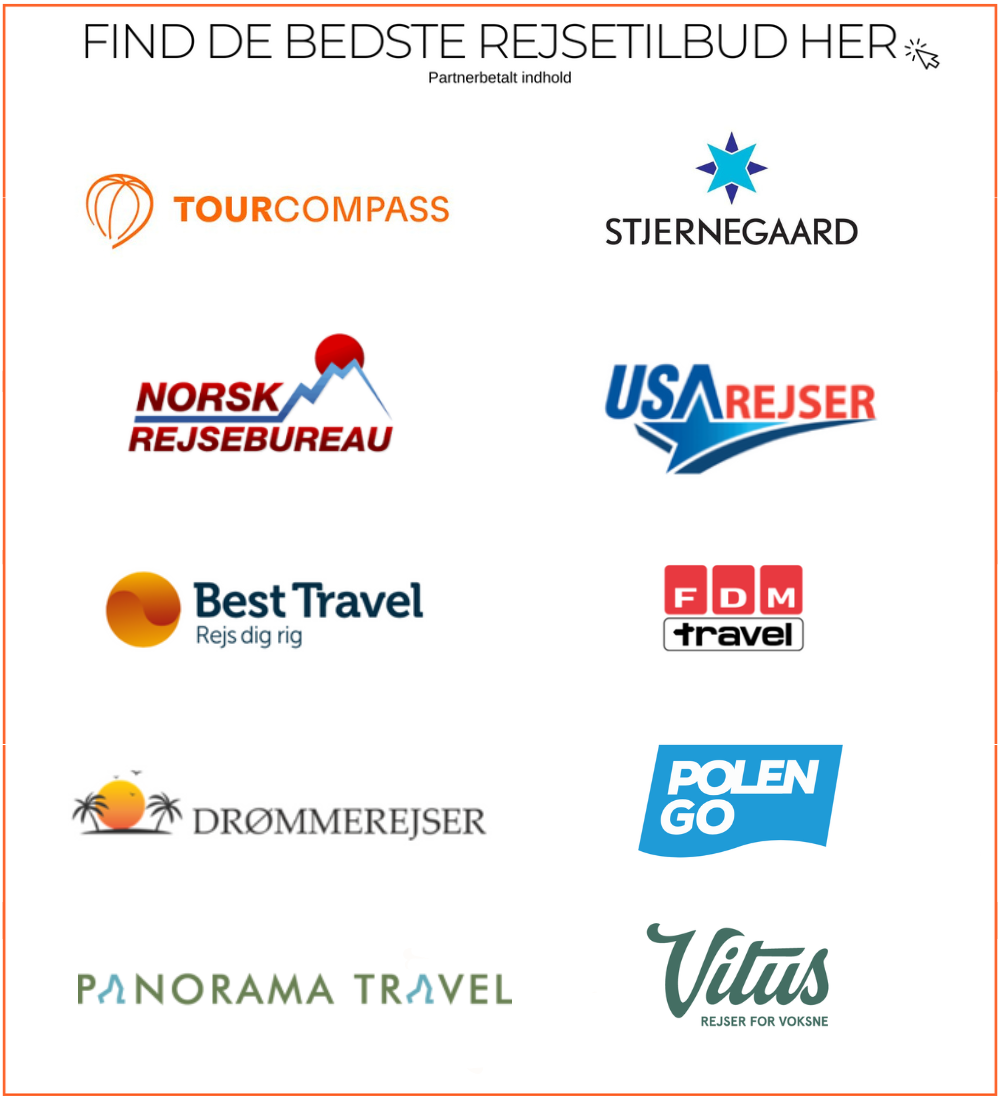Saudi Arabia: On a road trip through a changing country written by Tania Karpatschoff.

Saudi Arabia under change
The country's international reputation and its consistent violation of human rights, its conservative laws and the regional tensions that have resulted in attacks on neighboring Yemen are not exactly selling points for tourists. It was with more distrust and wrinkled eyebrows than with enthusiasm that we were met when we announced that we, as two women, would take on road trip together to Saudi Arabia.
Even we were in no doubt, we were both drawn by to see for ourselves how Saudi Arabia, which until 2019 had only issued visas for official business purposes and religious pilgrimages to Mecca and not at all to individually traveling women, was now opening up to the outside world.
Mohamed bin Salman, who became Crown Prince in 2019, launched "Saudi Vision 2030"; a campaign to modernize the country and reduce dependence on oil revenues. Among other things, women were given the right to be issued to and driver's licenses for the first time, and then tourist visas became available to visitors from 49 countries, inclusive Denmark.
In the vision lies the future of Saudi Arabia in tourism. We wanted to go to Saudi Arabia and see for ourselves this transformation. However, we were not blind to the fact that there are still many things that have not changed.

Women in the front
To our great surprise, only young Saudi women sat behind the counters at the passport control. A first look at a changing Saudi Arabia. They asked curiously about our errand in the country as they took our fingerprints and nodded appreciatively as we told about our impending road trip.
The relief of finally arriving was quickly replaced by confusion when we arrived at the hotel lobby and could not find the front desk. There was a Saudi man sitting on a sofa, but he does not deserve a look.
Only when we approached him did he surprisingly ask if we should check in? It was to prove to be a recurring feature for many of the Saudi men we met; a clear uncertainty about how they should relate to us - western women traveling without male company.
Did you know: Here are 7 overlooked food experiences you must try in Austria
7: Gourmet at an altitude of 3,000 meters at the Ice Q restaurant in Tyrol
6: Eat cheese on the cheese street in Bregenzerwald near Vorarlberg
Get numbers 1-5 immediately by signing up for the newsletter, and look in the welcome email:

Driving a car in Saudi Arabia
We had rented a nice red Toyota Corolla with automatic transmission, which we christened Meta - a mix of our names - and after a short rehearsal in the airport parking garage, we were ready to explore Saudi Arabia. We quickly became very happy with Meta, and it did not take long before we were a three-leaf clover with Meta as the natural center.
There is still a long way to go between female drivers in Saudi Arabia and especially outside the cities. It made us something of an attraction at the gas stations where we did stop. At no point, however, did we feel insecure or harassed, either as women in general or more specifically as female drivers. Harassment of a woman in Saudi Arabia is severely punished, therefore one generally experiences significantly less unwanted attention as female travelers.
Nor had the road quality we had to worry about. In Jeddah and Riyadh, there are good multi-lane highways, and even far from the cities, the roads are astonishingly good. It is clear that part of the many oil money in the country has been spent on the road network.
We drove long distances - up to 800 km at a time - on equally nicely paved highways through the desert. Miles of “sandy emptiness” interrupted only by a few gas stations and countless dromedaries.
The temptation for a heavy foot on the accelerator even with a speed limit of 140 km / h sometimes became too great, and sometimes there were 180 on the speedometer. Perhaps in recognition of this, the radio played a short travel prayer. "Allahu akbar, Allahu akbar" every time we started Meta.
Or in the realization that one of the biggest dangers of driving in Saudi Arabia is dromedaries close to the roadway. Several times we came in close contact with these loving creatures, and great was the happiness of especially a holy dromedary, who experienced the blissful joy of being scratched behind the ear.

Astray in Saudi Arabia
One of the areas in which it turned out that we were most challenged was our lack of Arabic language skills. Often it was not just speed limits and road signs that were written in Arabic; we also saw several times that Google Maps switched to Arabic.
We quickly got used to the fact that in many places the traffic rules were only indicative, that 10-year-olds far out in the country can sit behind the wheel, people used the emergency lane on the motorway to drive in the opposite direction, and that in roundabouts everything is negotiable.
We managed to drive 3000 km without much difficulty - with one simple exception. On our day trip to Taif east of Jeddah, we missed “the Non-Muslim Road”. On the horizon, we scouted the entrance to Mecca and before that a police checkpoint to keep non-Muslims out of Mecca. Luckily the officer was understanding of our offense and kindly showed us to another exit where we could get around Mecca without breaking any religious rules.

Jeddah, Madain Saleh and Medina
Jeddah has a cosmopolitan and liberal atmosphere that is not found anywhere else in the kingdom. A fast-paced city with four million inhabitants, skyscrapers and a modern waterfront, but also with UNESCO World Heritage Site Al Balad, the old town.
The houses in the district are completely unique and very beautiful. Here one returns to the origins of the city, where hordes of pilgrims for centuries have passed here on their way to Mecca and Medina.
Another one UNESCO World Heritage Site and a must for any tourist in Saudi Arabia is to see Madain Saleh, who is called “Petra 's unknown sister town ”. A trading town built by the Nabataeans over 2000 years ago. With the exception of a few Bedouins, the place has been almost forgotten, and only in 2020 was it made available to tourists. One can therefore still admire the place completely without having to fight with hordes of tourists with selfie sticks.
The Prophet Mohammed built his mosque in the year 622 in the city of Medina and well helped along the way by the Crown Prince's efforts to welcome non-Muslims, it is today allowed to visit the city.
We had chosen to rent a suite with an unobstructed view of the mosque. We spent 12 hours glued to the window, for the constant stream of thousands of people who went to and from the mosque to pray and visit the Prophet's tomb is reason enough to experience the Medina.
Did you know: Here are the top 7 best nature destinations in Asia according to Booking.com's millions of users
7: Pai in northern Thailand
6: Kota Kinabalu on Borneo in Malaysia
Get numbers 1-5 immediately by signing up for the newsletter, and look in the welcome email:

No man's land
As a female tourist in Saudi Arabia, it seemed as if we were in a kind of no-man's land between the worlds of men and women without quite belonging to any of the places.
Despite the many social reforms, Saudi Arabia remains a strongly religious, conservative and gender-segregated country. This makes it difficult both to navigate in what is acceptable as female tourists in the country and in getting to know them as a people.
Despite the fact that we met several particularly younger well-educated men who were welcoming and friendly to talk to, the vast majority of Saudi men were clearly uncomfortable talking to us. An insecurity that at times turned into an actual aversion that made the conversations short, superficial and awkward.
Likewise, it was difficult to get in touch with the Saudi women. They are still very invisible in the street scene, and we quickly learned that they were located in the large shopping malls, in women's departments in cafes and in parks around sunset. But neither did they seem particularly interested in us.
It is therefore very contrasting to travel in Saudi Arabia especially as a woman. On the one hand we could dive with a male diving instructor and have conversations with him about the great changes and about how liberal the country is becoming, but on the other hand we could not access Eva's grave as women and experienced being harassed by a Saudi man who demanded we carry one abaya.
The only exception was the many migrant workers who handle most of the service occupations. Here we experienced great hospitality, generosity and curiosity.

Still a very new tourist country
It is a rare privilege to see a country open up to the outside world, but before planning a trip to Saudi Arabia, it is important to realize that things that are considered normal in the rest of the world are easy. may appear offensive or illegal in Saudi Arabia.
Despite major changes in recent years, religion continues to permeate everything, and the vast majority of Saudis are strongly religious. Although Saudi Arabia no longer requires foreign women to wear the black robe and niqab, which only leaves their eyes uncovered, they must continue to be "decently" dressed when traveling in public places.
It is best to steer clear of political or religious topics of conversation. "Malicious propaganda" against the country, the government and the religion are serious offenses that can lead to long prison sentences. Likewise, it is forbidden to take pictures or videos of other people without their permission.
The country has chosen to focus on tourism instead of oil in the future, and although we experienced that there may still be a long way to go for the population and for the development of tourism, it also has a fresh new charm that is not seen in many other countries .
After all, is Saudi Arabia a travel experience that we personally would not have been without.








































Add comment